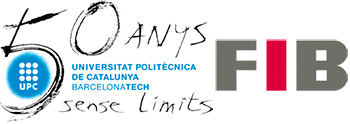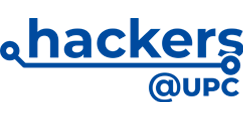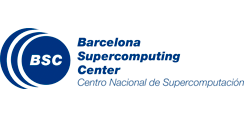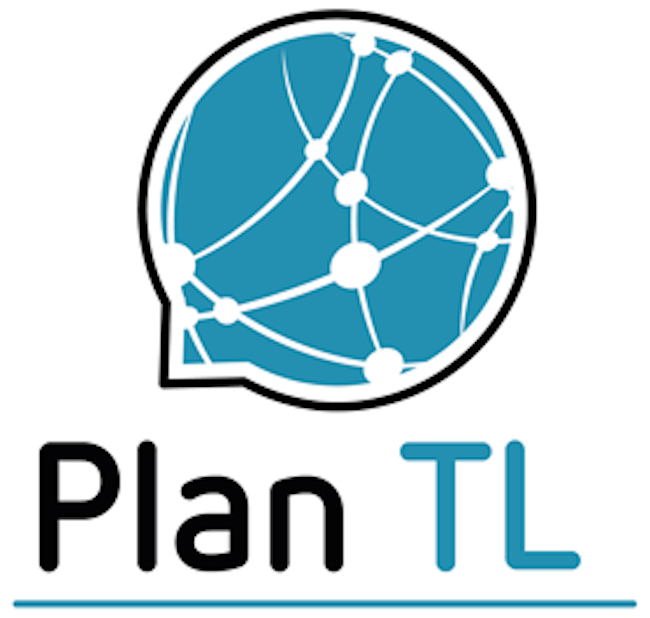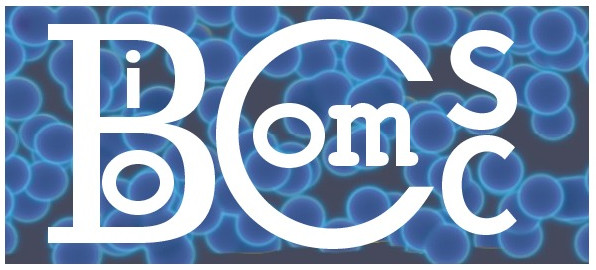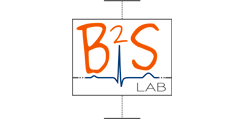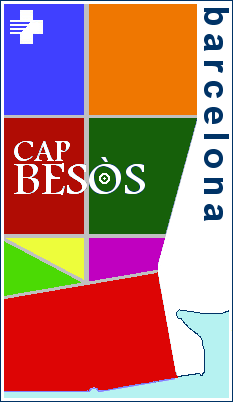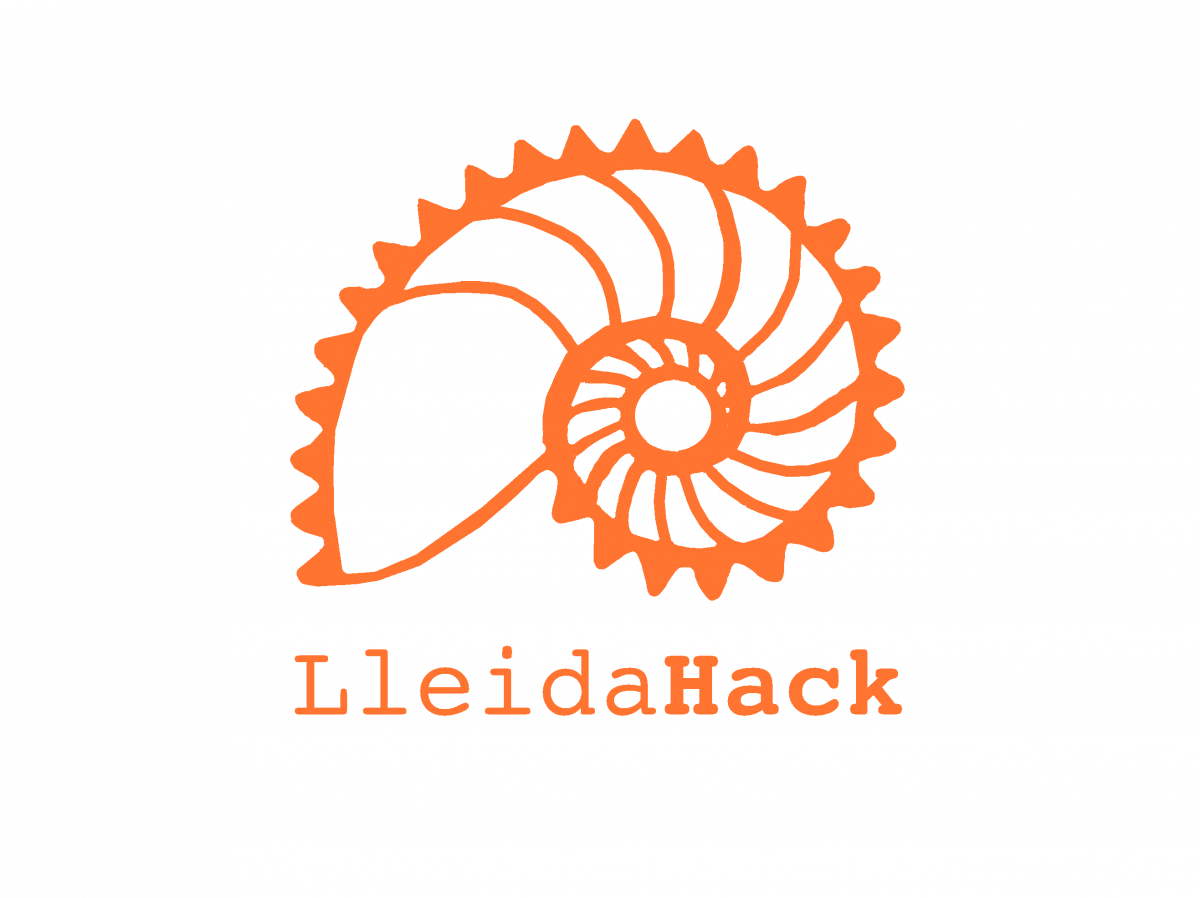Hackathon for the COVID-19
Presentation
This year bitsxlaMarató, a hackathon for contributing to La Marató de TV3, a public Catalan charity effort, is organised by the Barcelona School of Informatics (FIB), Hackers@upc (organisers of HackUPC) and the Barcelona Supercomputing Center-Centro Nacional de Supercomputación (BSC), which come together to fight COVID-19. After a first edition focused on rare diseases, we are joining forces to stop the effects of COVID-19. Full of creativity, health and technology, where teachers, researchers and any professional from the fields of health and technology (but also from other areas!) will work as a team, for 3 days in a row, online. Together, they will develop and look for solutions to face all the challenges posed by COVID-19.
This Marathon concerns everyone!
Do not even think about missing it!
The Hackathon will include training talks that are a must to attend! Besides, we hope to have very interesting guided activities! During the last day of the Hackathon, the teams will make the presentations and demonstrations of the solutions as well as proposals for solutions obtained to the challenges set out the first day.
Now listen up! There will be (symbolic) prizes! In addition, a prize for the best project as well!, even though all the solutions and donations for the TV3 Marathon will be prizes by themselves for the millions of people affected! All of them will be grateful for it!
HELP US WITH A DONATION
Yes indeed! We are also looking for a donation! Before, during and after the Hackathon our intention is to collaborate with the TV3 Marathon through the donation of participants, sponsors, and the entire UPC community and beyond!
Challenges
Hey, challenges are ready! LISTEN UP! For the most computational ones you will be able to use Marenostrum from BSC and Power9 + GPU
In addition, if you feel like using a cluster of ARMs during bitsxlamarato, you can try to do this hands-on/hackathon sobre ARMs on 17 December. People in charge of this hands-on will leave accounts open for you to use during the bitsxlamarato!
Looking for similar patients: the AI Doctor House conquers severe COVID-19!
There is a pressing need by healthcare professionals to access information relevant to clinical practice in a more effective way. Over 80% of clinically relevant data is essentially unstructured, mainly images like MRI and clinical texts.
One of the challenges faced by doctors is finding patients and clinical cases that show particular similarities to a given case (similar symptoms, diagnosis, treatments, or other characteristics) amongst the rapidly growing amount of clinical records and medical publications and the complexity of the data. Detection of similarities among patients or groups of patients is key for evidence-based clinical practice, the selection of patients for clinical trials, prioritizing patients for vaccination and for understanding the variability in clinical outcomes.
From a COVID-19 point of view, AI tools should distinguish between patients with and with no risk of a severe outcome, so that clinicians could intervene promptly. Specifically, this task aims to promote the development of systems able to detect similarities among a collection of clinical case texts.
Proposing and collaborating: BSC.
Covid-Tracking on Campus!
Clinical-microbiological characterisation of SARS-CoV-2 infection in the paediatric age
Can we reduce the number of children (paediatric population) to whom the microbiological study, associated with additional health costs and usually annoying, should be performed? Defining a predictive value, grouped or individually, of the clinical signs and symptoms associated to the clinical suspicion of COVID-19 can help! Can you find the best mechanism (screening strategies and algorithms) to predict paediatric COVID-19? That is the challenge!
All children suspected to be infected by SARS-CoV-2 visited in any of the participating Primary Health-Care centres and Emergency Wards of the COPEDI-CAT project in Catalonia are included in the database. We collect demographic, epidemiological, clinical and microbiological diagnosis data from all these children.
The collection and analysis of this information are carried out from the already available COPEDI-CAT database on the REDCap © digital platform.
Proposing and collaborating: COPEDI-CAT Project, Vall d’Hebron, BIOCOM-SC
- Use of AI, data science tools or create new algorithms to determine which symptoms or sets of symptoms are predictors of a positive case in children.
- Application of AI techniques to detect COVID-19 symptom patterns in paediatric cases and, if possible, generate a score.
- Exploration of ways of visualising the results that allow for a better understanding of the conclusions of the challenge.
-
The clinical signs and symptoms associated to respiratory virus infections are nonspecific in the paediatric age.
-
SARS-CoV-2 infection shows clinical signs and symptoms that are very similar to other seasonal respiratory viruses.
-
During the seasonal period (autumn-winter-spring) where the peak incidence of these respiratory viral infections is high, we need to determine a more accurate differential diagnosis taking into account the degree of transmissibility of SARS-CoV-2 infection and its impact on the household contacts (quarantine and confinement).
Do you have COVID-19 cough? Help distinguishing which type of cough you have.
Cough is another feature in the symptoms of COVID-19. The sound of coughing can be unique when you want to distinguish it from another infectious or other process. At the UPC we want to help people find out what kind of cough they have and whether it is compatible with a SARS-cov-2 type infection. Do you accept the challenge?
Proposing and collaborating: CREB and CCD.
COVIDTracking-Primary Health Care Centres: Help the front line of medical care! Automatise the tracking and monitoring of contacts and asymptomatic cases!
In addition, there are cases of overlapping when monitoring the contacts of positive COVID-19 cases between the different actors (doctors, nurses, COVID managers of the CAP and trackers), which reduces efficiency and leads to confusion.
Could we create a system that helps better coordinate the tracking and monitoring of positive case contacts in order to free the CAPs from some of those tasks when the system becomes overburdened?
The system would have to be able to adapt to the number of cases so that it would either allow automatising some of the tasks in case the system became overloaded or it would enable it to continue with a more personalised monitoring if there was no such overload.
For instance:
- Could we automatise when contacting the close contacts of a COVID-19 case once the COVID manager enters the contact details of a Positive? In other words, could we somehow free our health system from informing close contacts that they are close contacts when necessary - due to overburdening triggered by a large amount of cases? Could we inform them that they have to be confined and that they have to be tested in a CAP as well as to let them know which CAP is the closest based on their address, and schedule a visit for them? Currently, a specific person makes the first contact, but it is not always possible if the system becomes overburdened.
- Could we automatise the monitoring of an asymptomatic case, after having a positive PCR test/test in order to know if it is still well? Can we automatise the fact that an asymptomatic case has already done the days of confinement required and so we can discharge them if they have not symptoms? Generally, we could coordinate all these efforts and free our CAPs so that they can focus mainly on COVID cases with symptoms or ... non-COVID patients! Only when there is a case with symptoms an alarm system could alert the doctors/nurses. Because all these things, the challenge is ... could we create a system that automatises the entire process or part of the process depending on the overburdening of the system, from the first contact entered by the COVID manager to the discharge of the asymptomatic cases? That could save energy for everyone!
Scheduler
Friday 18 December
05:00 p.m. - Hacker registration
06:00 p.m. - Opening ceremony
07:00 p.m. - Hacking starts
07:30 p.m. - Team building
08:00 p.m. - Talk on Twitch
09:00 p.m. - Talk on Twitch
10:00 p.m. - Talk on Twitch
11:00 p.m. - Let's play!
11:30 p.m. - See you tomorrow!
Saturday 19 December
09:00 a.m. - Good morning hackers!
10:00 a.m. - Talk on Twitch
11:00 a.m. - Special activity on discord
03:00 p.m. - Let's play!
11:00 p.m. - Let's play!
11:30 p.m. - See you tomorrow!
Sunday 20 December
09:00 a.m. - Good morning hackers!
12:00 p.m. - Hacking ends
12:30 p.m. - Demo time!
15:30 p.m. - Closing ceremony (*)
16:30 p.m. - See you next year! Thanks for everything!
(*) we will know the winners
Sponsors
© Facultat d'Informàtica de Barcelona - Universitat Politècnica de Catalunya - Website Disclaimer - Privacy Settings

